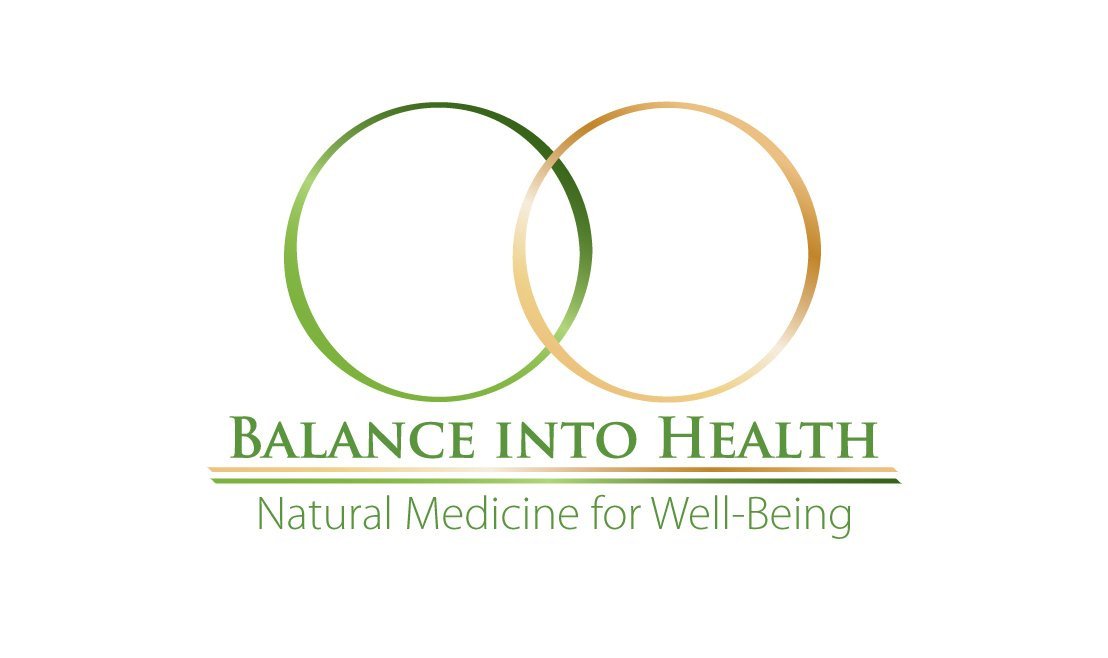To Fight Coronavirus, Some Patients Turn to Alternative Medicine
With no approved drugs for the new coronavirus, some people are turning to alternative medicines, often on the advice of their governments. This is most evident in China and India, both densely populated countries with a deep history and tradition of touting such treatments, and where there’s sometimes limited access to conventional medicine.
In China, where the pandemic began, officials made unsubstantiated claims that traditional medicine was key to fighting the virus. In India, where a lockdown of its 1.3 billion residents is underway, the government faced criticism after claiming some treatments might help prevent infections. And in Venezuela, where the healthcare system is severely crimped, President Nicolas Maduro pitched drinking an herbal tea.
The World Health Organization had advised against taking “traditional herbal remedies” on its website. It later acknowledged that some were turning to alternative medicine “to alleviate some of the milder symptoms of COVID-19,” WHO spokesperson Tarik Jasarevic said. Dr. Mike Ryan, WHO’s emergencies chief, welcomed rigorous studies of alternative treatments “like we would of any drug.” He said numerous studies were underway in China, many testing traditional therapies.
The Chinese government has claimed that combining herbal medicine with conventional medicine has helped the country deal with the outbreak. Last month, China’s National Health Commission issued a document on treating COVID-19 patients that included several herbal medicines claiming to relieve symptoms including weakness and fever.
For infected patients, it prescribed, among other remedies, a “soup for clearing and detoxifying the lungs” and recommended a case-by-case evaluation. Chinese officials and state-run media have touted treating patients with alternative medicine. Some of these alternative practices have existed for centuries. But with little or no scientific evidence that they work against COVID-19, attempts have been made to frame it as a cultural issue and not a scientific one.
India is a country steeped in Ayurveda, a Hindu system of medicine that revolves around herbal medicines and dietary restrictions. As the outbreak spread outside China earlier this year, India’s health arm that promotes alternative medicine pushed unproven remedies to “strengthen the immune system,” according to an online post by the Ministry of AYUSH. The government also recommended a single dose of a homeopathic drug, according to Anu Kapoor, who heads a government-run homeopathic hospital in New Delhi.
